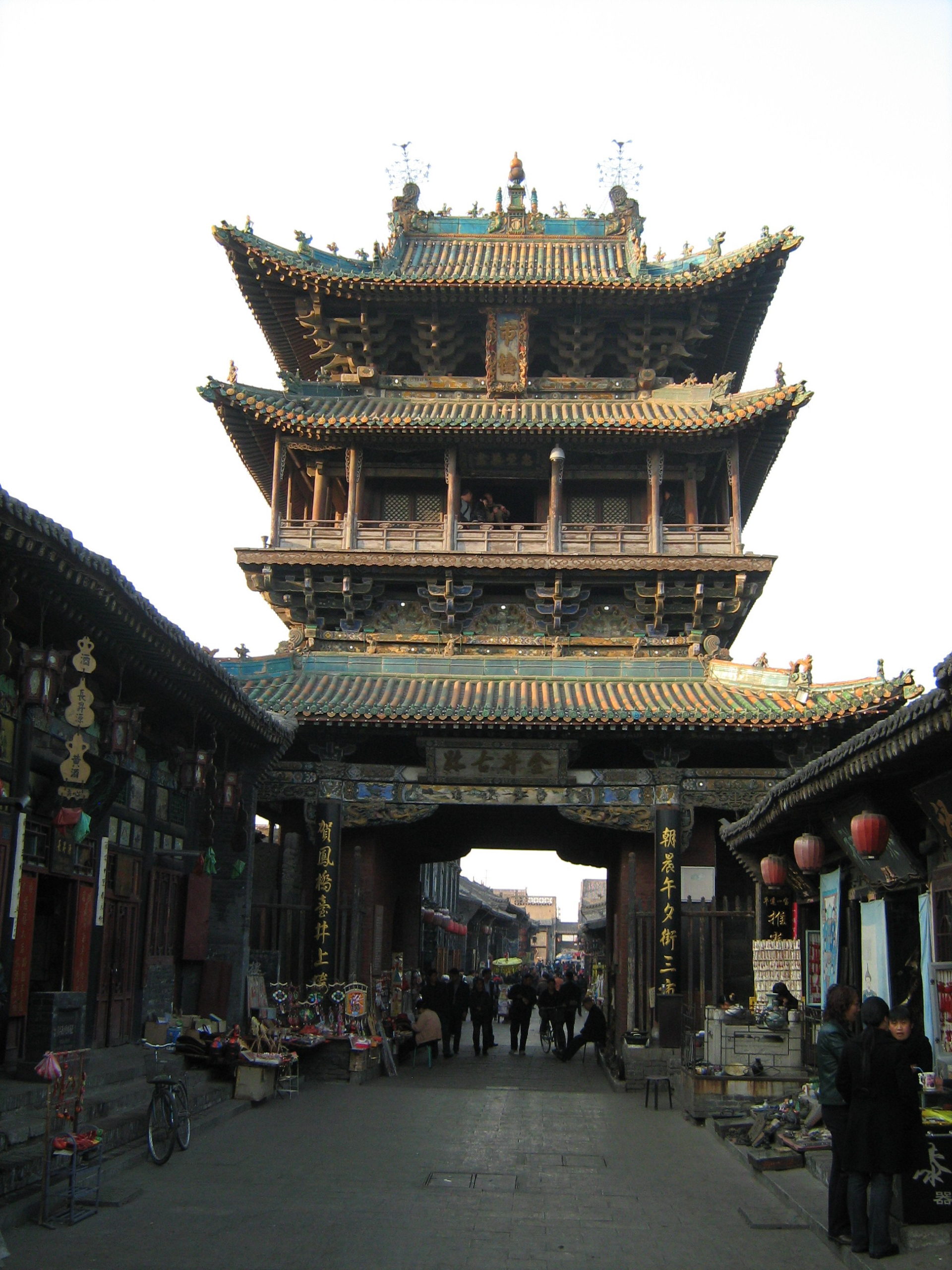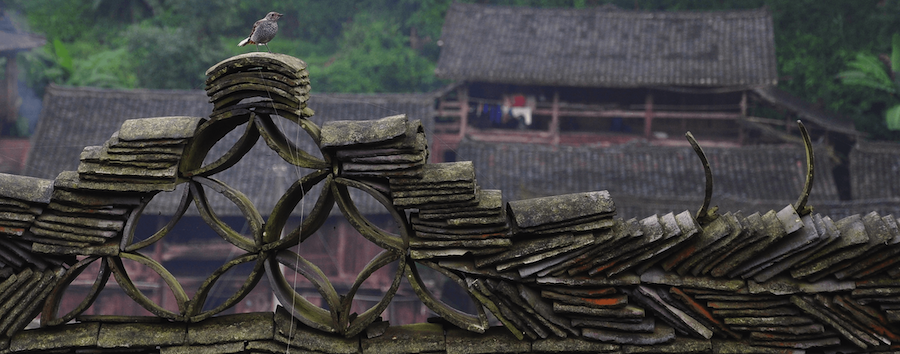The microphone set, the lights dimmed, and the chatter of 20 milling attendees silenced, Kuanghan Li projected an air of calm self-assurance. She’d done this many times before, so much so that introducing her work in rural China has become an exercise in, if not repetition, then the careful recitation of timeworn truths. And like any good presenter, the director of GHF’s China Heritage Program let her work speak for itself.
Ranging from the hilly villages of Guizhou in the south to the renowned banking capital of Pingyao in central Shanxi province, the breadth of her work is a testament to the diversity of this most fascinating – and most challenging – theater of world cultural heritage. China’s rapid development is creating new opportunities for millions of impoverished people, but the pace of modernization often outstrips that of conservation. As it develops the future, it neglects the past.
Kuanghan, who more often goes by Han, is an up-and-coming star in the heritage field. Employed by GHF for nearly a decade, she has presided over projects that have won awards from both Travel+Leisure and UNESCO, and was recently invited to give a talk on heritage and modernization for TedX Beijing. We caught up with Han several days after her talk.

The landmark market tower in Pingyao, China

A still from Dali Dong Village, one of Han’s project sites.
Global Heritage Fund: What was the reaction to your TedX Talk?
Han Li: They [the audience] thought it was interesting, because they thought it was good to introduce the concept of conservation. Not just about monuments, but how conservation affects people’s live in very intimate ways.
GHF: What do you mean by intimate?
HL: It’s to do with people’s lives, not just about buildings but the way people live – it has to do with their daily lives. It’s about something that’s not separate or dead in the past, it’s something very much involved or engaged in the present.
GHF: Do you feel that talks such as these will raise global awareness of heritage and the issues surrounding it?
HL: I think talks like this definitely will. After my talk was over, people came up to me saying they wanted to volunteer in my projects! It was very inspiring that they would just donate their time like that.
However, talks like this are not so much about raising global awareness, but abut making people realize that heritage is something that is not just an issue for experts – heritage conservation is something that affects people, life is not something that just elite interest groups are involved in. It can move them towards that direction.
GHF: Do you feel like that awareness will manifest in action?
HL: Yes, a lot of people are interested, but the problem is that most people don’t know what they can do. With environmental preservation, we can say things like ‘use less air conditioning!’ or ‘recycle things!’ It’s something everyone can be engaged with. With heritage preservation, a lot of people want to do something, but there’s not a lot they can do without being part of a special organization or with special skills. They don’t know what to contribute in terms of action.
GHF: Do you think they could be tapped as a resource, if they could be engaged in an effective eway?
HL: I think so. Giving more directions on how to be engaged, just getting people to be on the cause, to root for the cause is the first step. But we’re not quite there yet.

